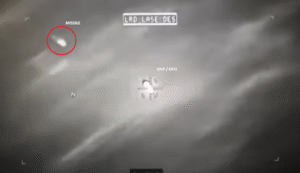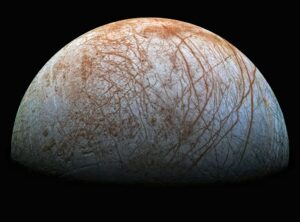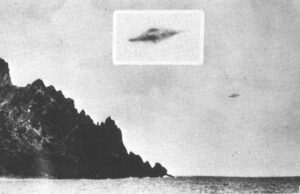What are the best science experiments for kids?
Milk Jug Water Wheel Experiment – J Daniel 4’s Mom 3. Float Vs Sink Experiment – Teach Me Mommy 4. Leak-Proof Bag Science Experiment – Fun Learning for Kids 5. How to Make a Lava Lamp – Coffee Cups and Crayons 6. Measuring Water Beads – Blue Bear Wood 7. Water Balloon Parachute – Fantastic Fun and Learning 8.
What can you do with a Wacky Water science experiment?
Try these experiments with a large container (or bathtub) of water, or, if it’s warm outside, head outdoors to make a splash with some Wacky Water Science fun! These toy sailboats are easy to build from corks, but designing a boat that sails well and doesn’t tip over easily takes science!
science etymology roots
What is the root word of Science?
science (n.) mid-14c., "what is known, knowledge (of something) acquired by study; information;" also "assurance of knowledge, certitude, certainty," from Old French science "knowledge, learning, application; corpus of human knowledge" (12c.), from Latin scientia "knowledge, a knowing; expertness," from sciens (genitive scientis) "intelligent, …
What are prefixes and roots in science?
Prefix – appears at the beginning of the word, eg hypo- (below), hyper- (above), cyclo- (ring), poly- (many), endo- (within), exo- (outside of). Root – words that have a meaning standing alone. They often form the longest part of a word. Science vocabulary often has Greek or Latin roots, eg chloro (green), iso (equal), allo (other), com (together)
What is the root word of Chemistry?
The word chemistry derives from the word alchemy, which is found in various forms in European languages. Alchemy derives from the Arabic word kimiya ( كيمياء) or al-kīmiyāʾ ( الكيمياء ).
What is an example of root word?
Root – words that have a meaning standing alone. They often form the longest part of a word. Science vocabulary often has Greek or Latin roots, eg chloro (green), iso (equal), allo (other), com (together)
science etymology define
What is the origin of the word science?
“This might be a good time to examine the etymology of the word science, It comes from the Latin scientia, from sciens, which means having knowledge, from the present participle of scire, meaning to know, probably—and here’s where it gets exciting—akin to the Sanskrit Chyati, meaning he cuts off, and Latin scindere, to split, cleave.
What is the meaning of Science in French?
“ science ” in Trésor de la langue française informatisé ( The Digitized Treasury of the French Language ). From Old French science, from Latin scientia . A science; the body of knowledge composing a specific discipline. learnt knowledge, especially from written sources.
What is the best definition of Science?
English Language Learners Definition of science. : knowledge about or study of the natural world based on facts learned through experiments and observation. : a particular area of scientific study (such as biology, physics, or chemistry) : a particular branch of science. : a subject that is formally studied in a college, university, etc.
scientific etymology definition
What is the etymology of the word science?
1580s, from French scientifique, from Medieval Latin scientificus "pertaining to science," from Latin scientia "knowledge" (see science) + -ficus "making, doing," from combining form of facere "to make, to do" (from PIE root *dhe- "to set, put"). Originally used to translate Greek epistemonikos "making knowledge" in Aristotle’s "Ethics."



